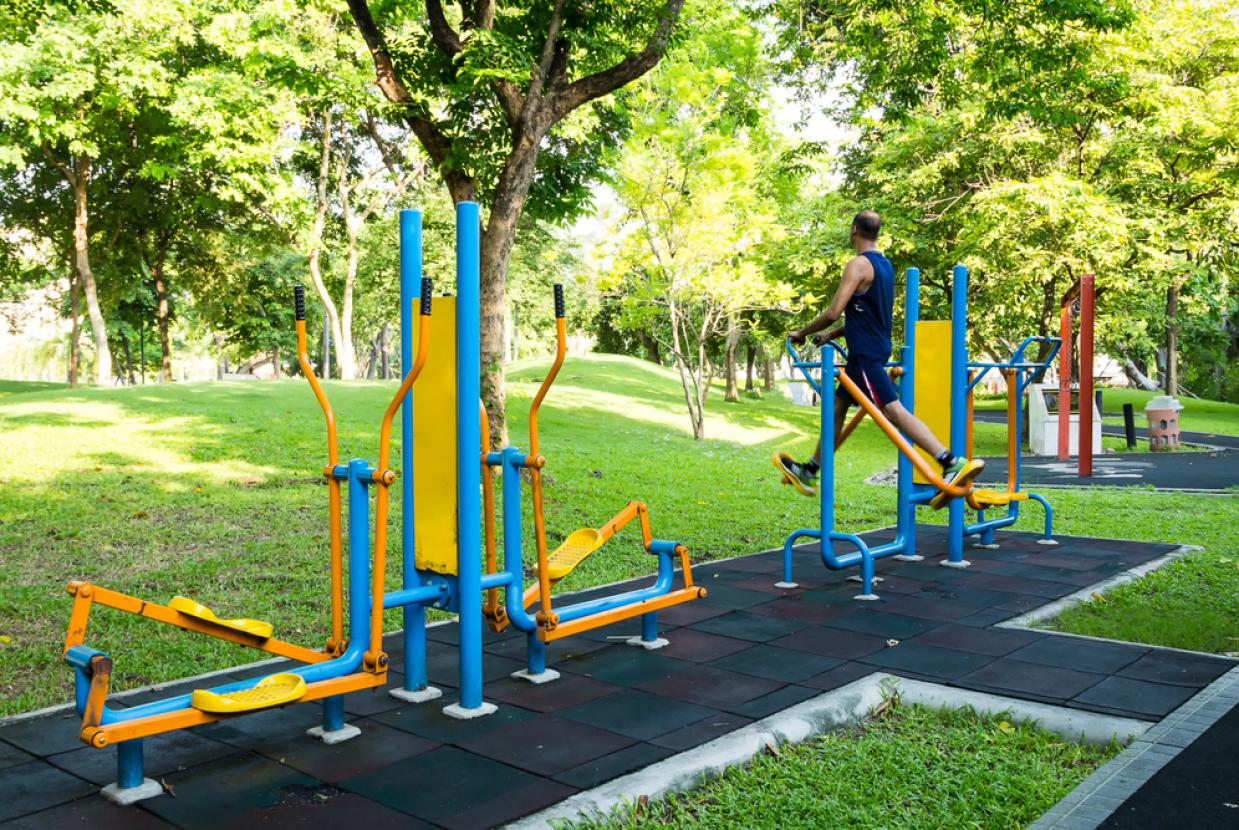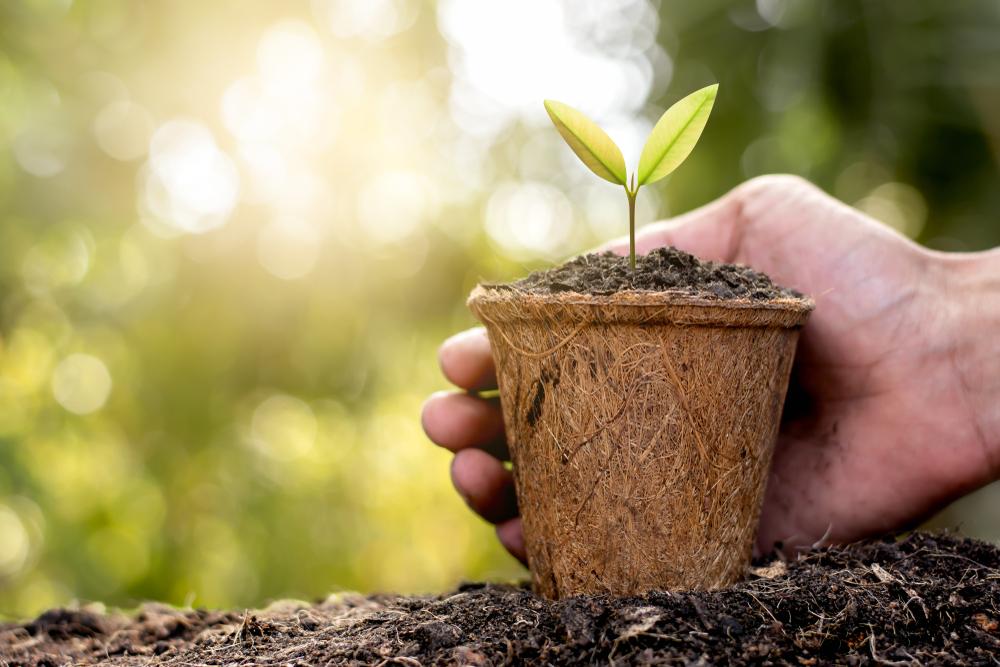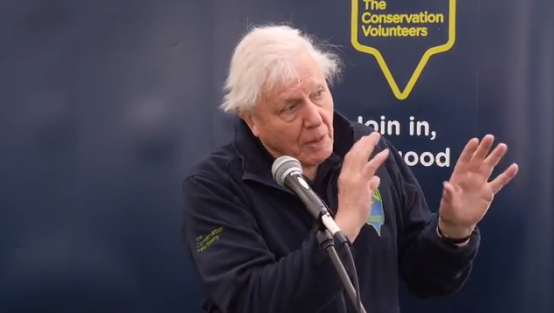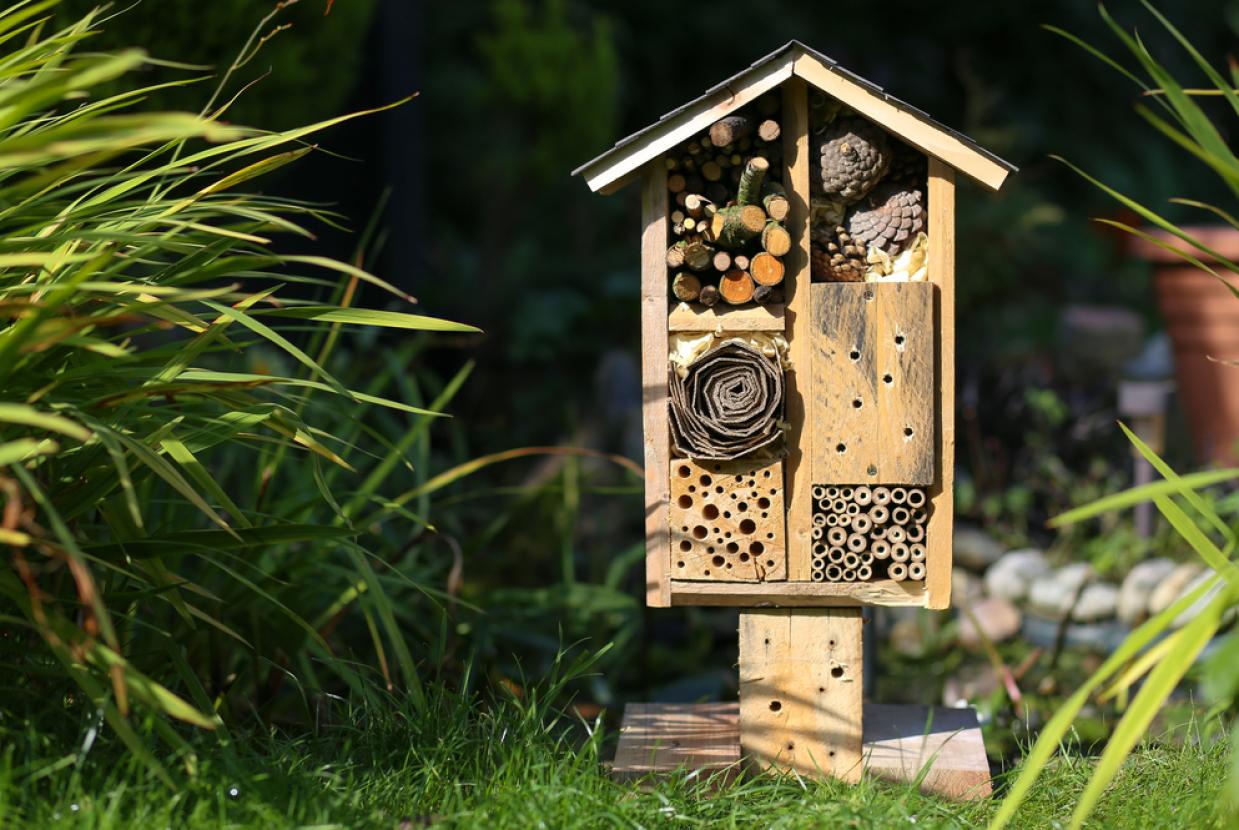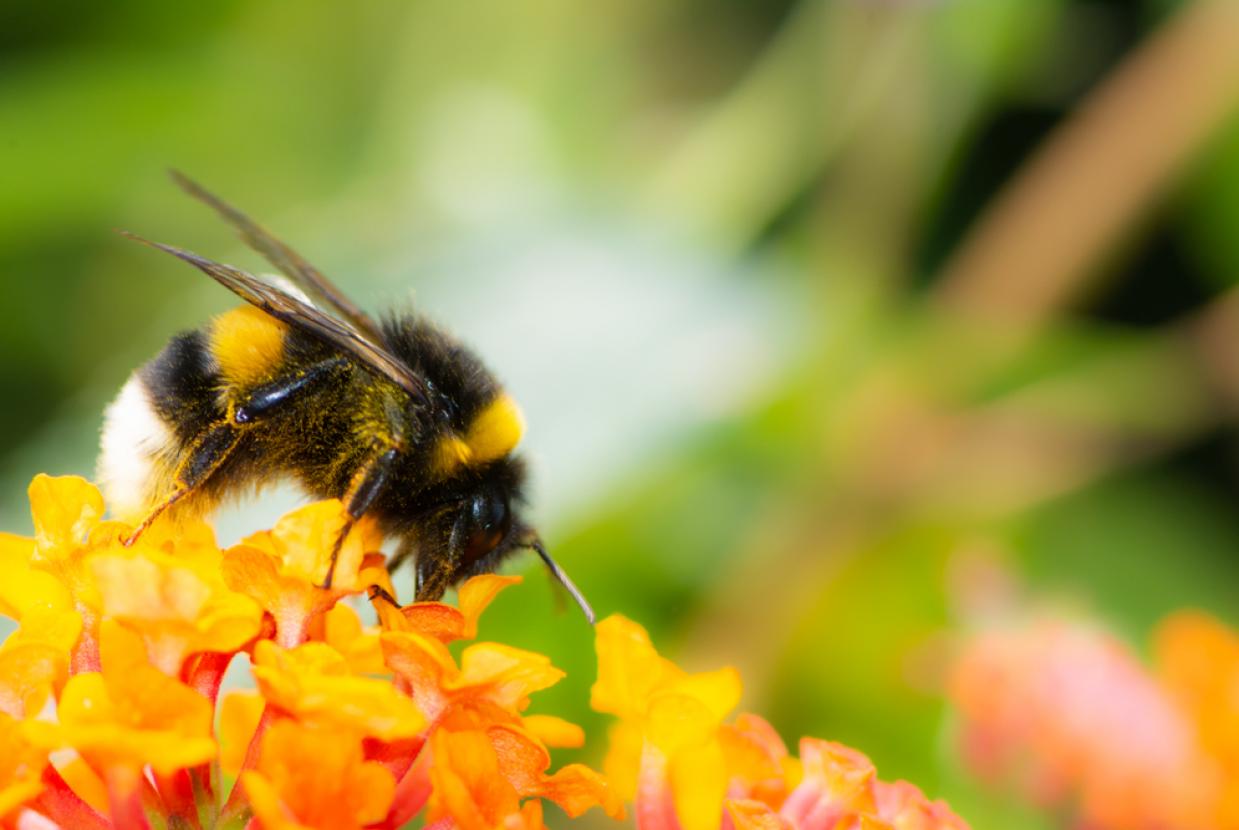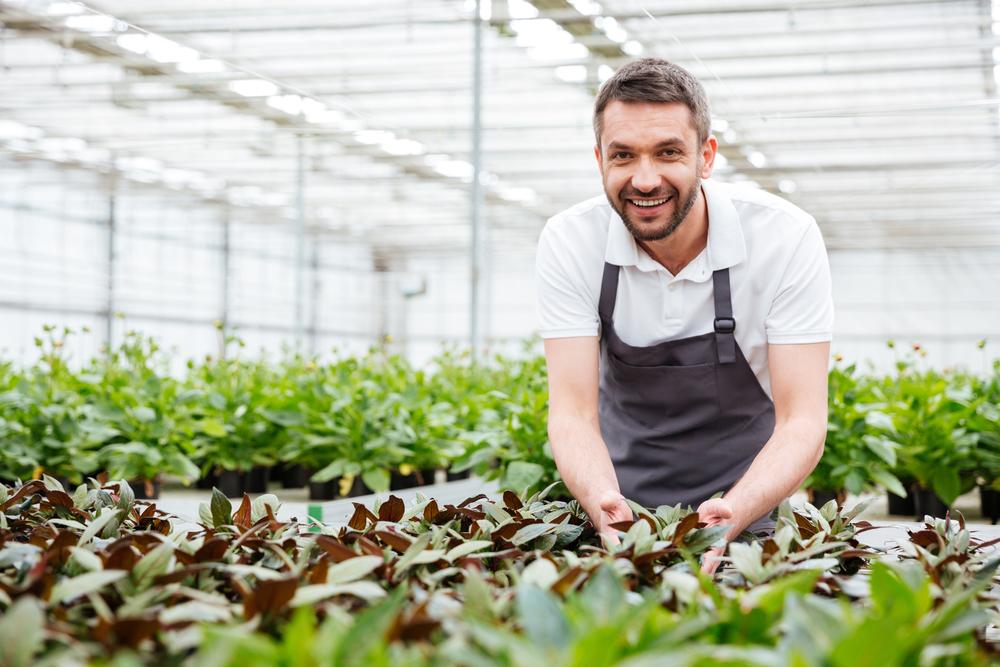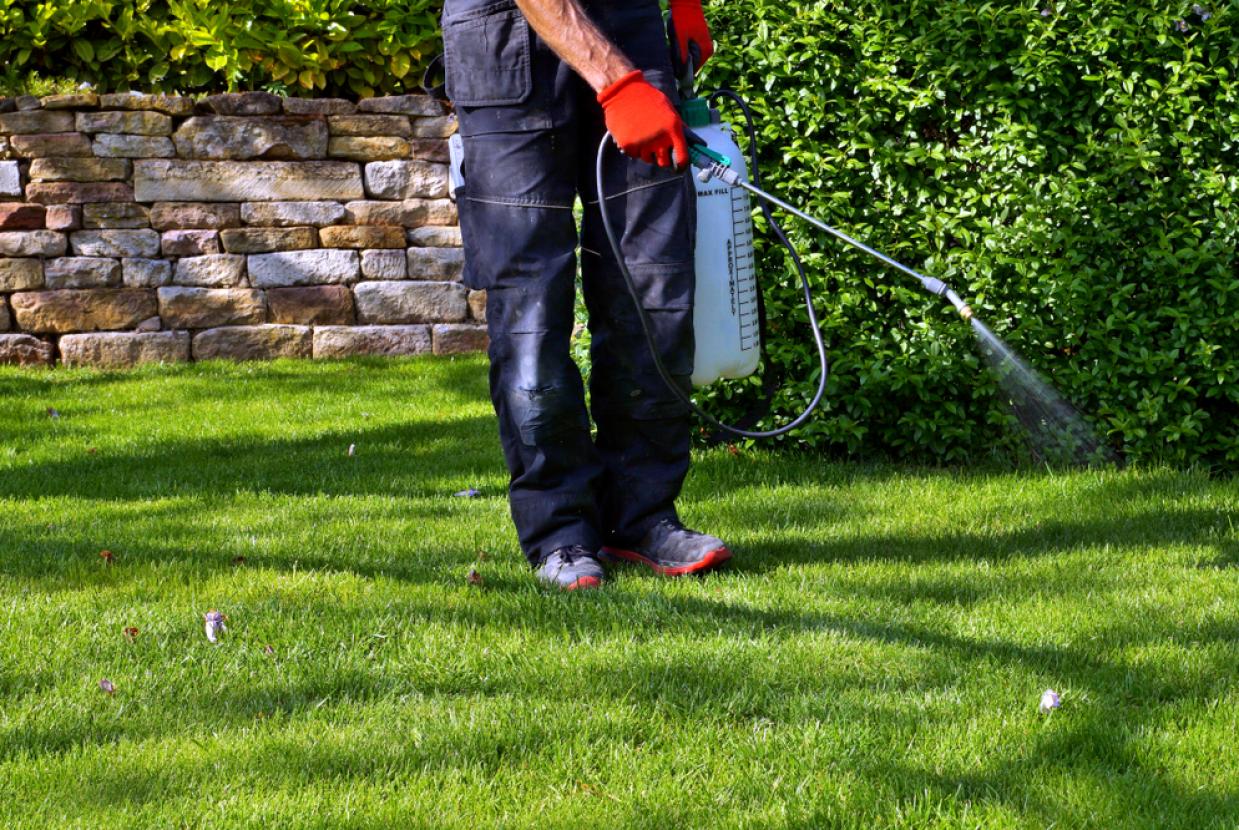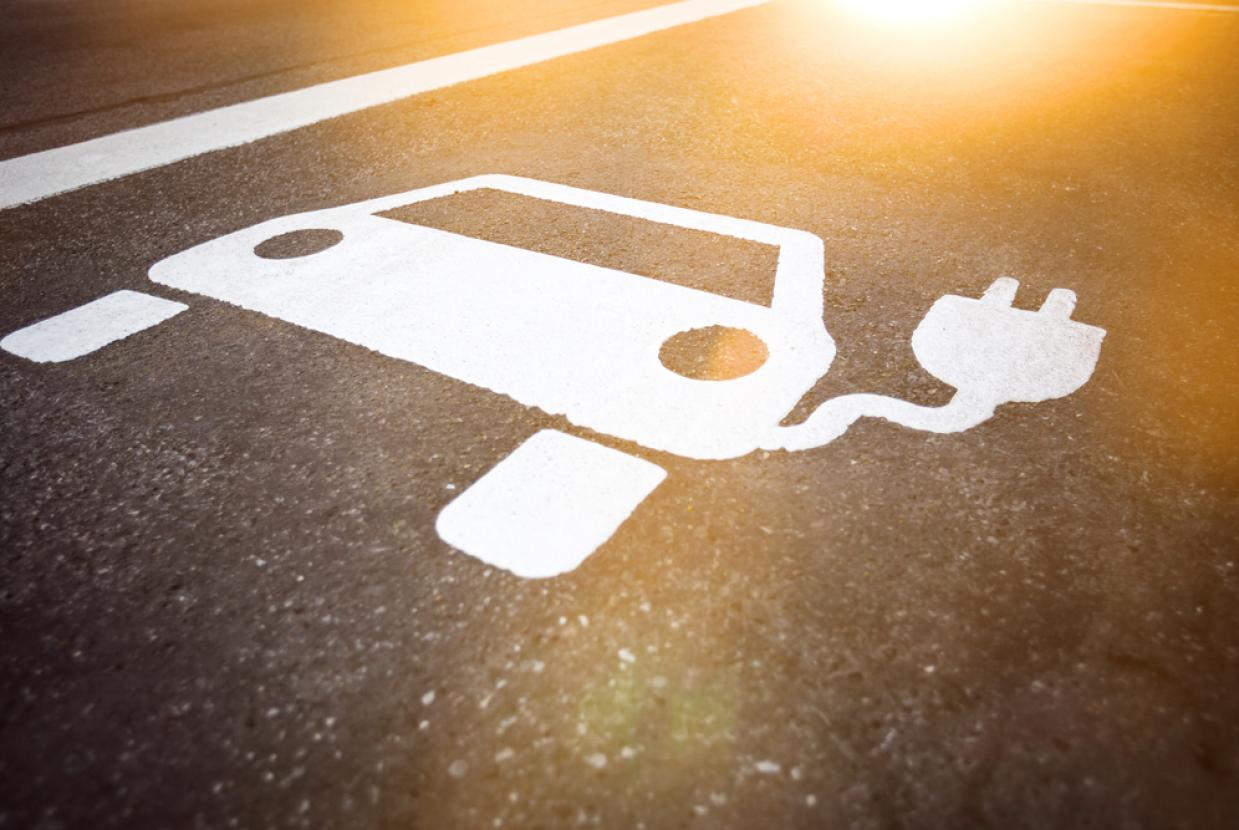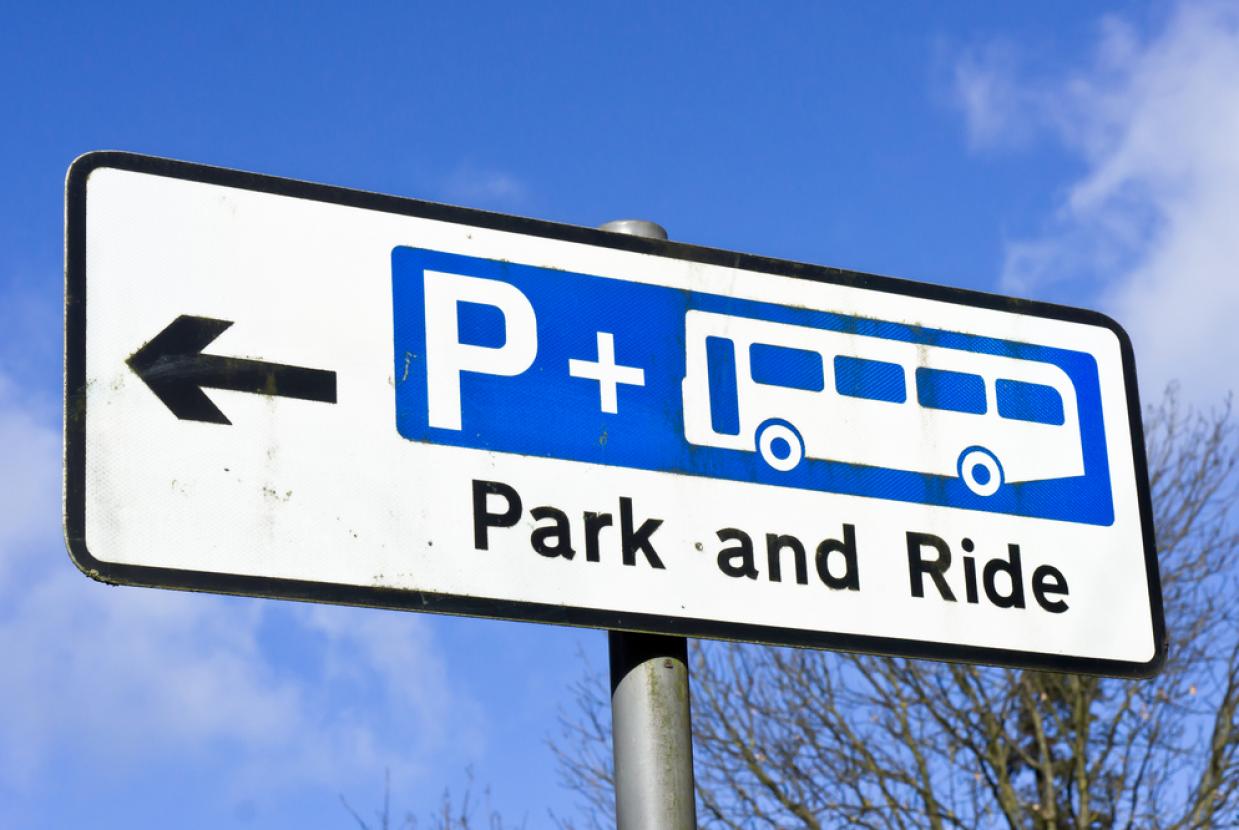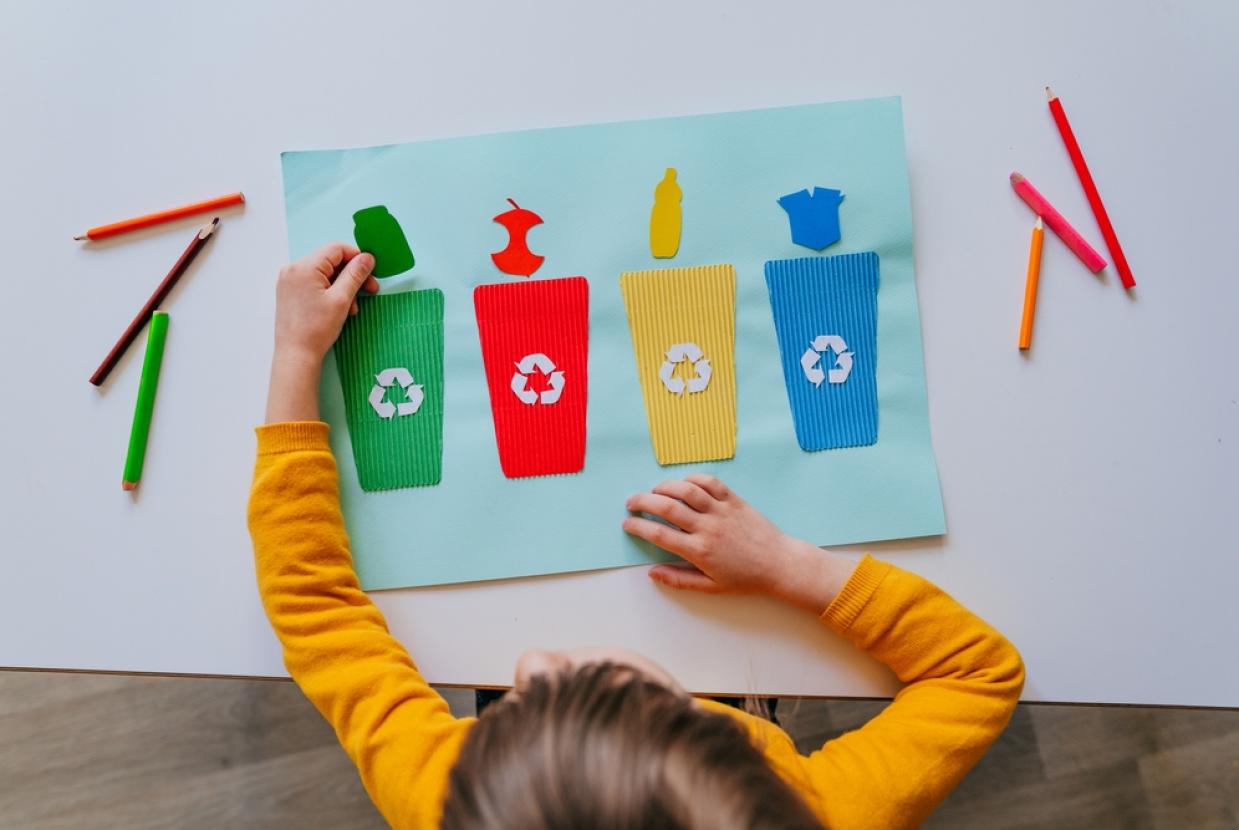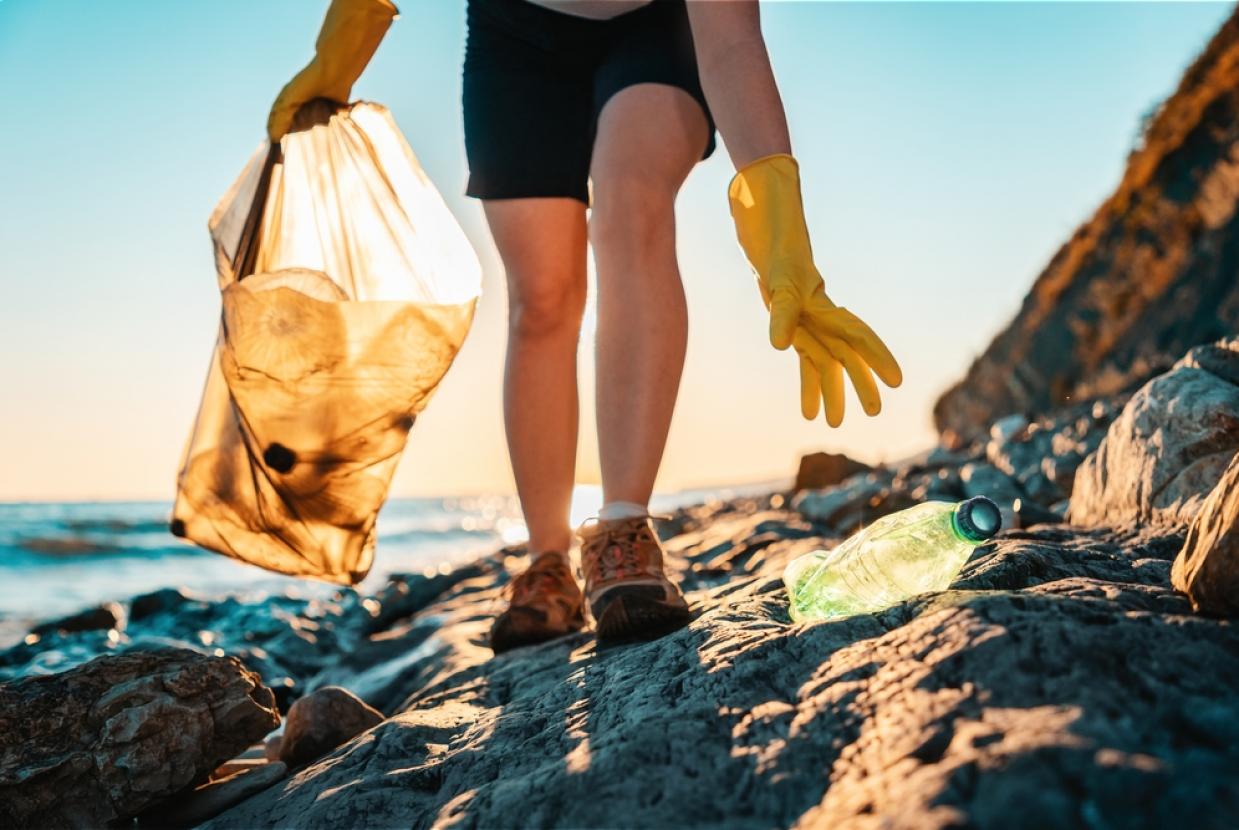Six Everyday Things You Can Do To Help Stop Global Warming
Conservation / Energy / Transport / WasteThe United Nations has warned the planet will reach its global warming limit within the next 20 years, causing irreversible environmental damage and more extreme weather events.
1. Eat less meat
The average carnivore diet produces 7.2kg of carbon dioxide a day, almost twice as much as a vegan diet. Livestock is responsible for around 15% of world emissions and, according to researchers at the University of Oxford, adopting a vegan diet is one of the best ways to reduce your impact on the environment.
Researcher Joseph Poore says that by freeing up farmland to grow more trees, worldwide veganism would reduce greenhouse gases by 13 million tonnes over 20 years, which would amount to a 25% cut in global emissions.
By lowering methane levels we can not only stop the planet getting hotter, we can actively lower global temperatures, he added.
If you are not able to cut out meat completely, chicken production produces around a third of the CO2 per kilogram of protein than beef and lamb. So swapping red meat for poultry or cutting out dairy products will still make a difference.
2. Travel by car and plane less
The coronavirus pandemic proved just how much vehicle pollution adds to our carbon footprint. During various lockdowns in 2020, UK greenhouse gas emissions fell by 8.9% - from 454.8 million tonnes in 2019 to 414.1 million - the biggest drop since records began in 1990.
Transport accounts for around a third of total emissions in Britain and toxic fumes from cars, vans and lorries cause thousands of premature deaths every year.
So opting for public transport or car-sharing to get around will help lower your carbon footprint considerably. The government is banning any new petrol and diesel cars from 2030, but before then, if you're able to travel by electric bus or tram - or have your own electric car - this is the best option for the planet.
The aviation industry is responsible for 2% of all human-induced CO2 emissions, according to the Air Transport Action Group.
Professor Collins explains that while you can electrify cars, you can't do the same with planes. So the only way to reduce emissions from air travel is to fly less often.
3. Use social media
From Greta Thunberg to Extinction Rebellion, climate change activists have used social media to make their campaigns go global. But you don't need to be part of a group to advocate for climate change.
In terms of what to share on your social media channels, Professor Collins told Sky News: "It's helpful to point out the consequences of climate change.
"The fires that we're seeing in Greece, the floods in Germany. It's important to show people that climate change isn't just some abstract notion, these extreme weather events are literally killing people."
4. Avoid fast fashion
Our taste for fast, cheap and disposable fashion is hurting the environment. The textile industry requires a huge quantity of water and dozens of toxic chemicals, resulting in vast amounts of water and air pollution.
This year it was revealed that the UK buys more clothes than any other country in Europe. And campaigners Fashion Revolution have also criticised big brands for failing to declare their carbon footprints, meaning many are going unchecked.
While that is up to them, there are a number of things you can do to limit the impact of your fashion choices. Buying clothes second hand, selling or repurposing those you no longer want, and limiting how often you buy new items will all help.
Avoiding fast-delivery options will also help reduce the clothing company's carbon footprint and doing your research on which brands are more sustainable - for example ones that use electric delivery vans or produce their clothes in the UK - is another way to take action.
5. Reuse - don't just recycle
Although it is often pushed as the best thing you can do to help the planet, recycling has its own environmental implications. Transporting and processing waste for recycling requires a lot of energy, which means higher CO2 emissions.
So before you recycle, look to see if you can reduce and reuse first. This means, reducing the amount of single-use plastic products you buy and focusing on items that you can reuse before you put them in the recycling bin. Reusable coffee cups, water bottles and carrier bags are all good examples, as well as "upcycling" unwanted goods.
6. Join a campaign group
According to Greenpeace UK just 20 fossil fuels companies are responsible for a third of all our greenhouse gas emissions put together.
So while cutting out meat and single-use plastic helps on an individual level, the government and big businesses are the ones that can make bigger changes faster.
Joining environmental campaign groups, charities and protests will remind those in power of their responsibilities for the climate.
On top of the government's pledge to get to zero net emissions by 2050, around three quarters of local councils in the UK have "declared a climate emergency".
This commits their areas to making environmental changes at local level and lobbying the government to honour their promise. You can write to your MP and local councillors to find out more about what is being done where you live.
Content sourced from Sky News (news.sky.com).





